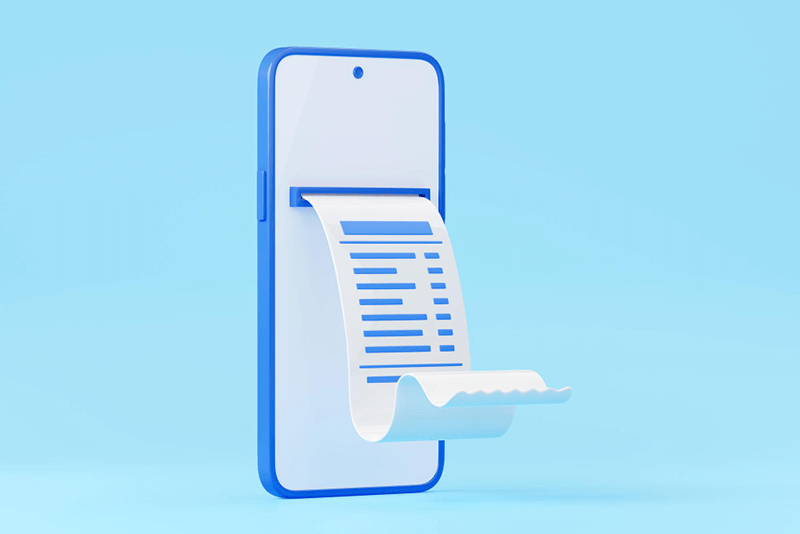In an age when nearly everything is digital, an efficient medical billing process is essential to ensure smooth submission and follow up on medical claims with health insurance companies for appropriate reimbursement. To keep up with the new challenges, medical billing has turned digital (electronic medical billing), which ensures more speed and accuracy. Partnering with medical billing and coding companies can help speed up the billing process and ensure timely physician reimbursement. But according to a survey reported in RevCycle Intelligence, many doctors still rely on paper-based medical billing processes.
It was revealed in a recent HIMSS Analytics and Waystar survey of 900 healthcare financial executives that providers still use some form of paper-based medical billing and other manual patient services to connect patients to healthcare services. This has to be changed, and healthcare providers have to take the initiative to introduce electronic medical billing, which would be a great technological advancement and help to improve the practice’s bottom line. While healthcare organizations are still in the era of paper and manual processes, patients are well into the age of digital payments. According to the survey, “Over one-half of the patients surveyed by HIMSS Analytics and Waystar said they prefer electronic medical billing and patient collections.”
Electronic medical billing is the process of electronically submitting and following up on claims with health insurance companies to receive payments for services performed by providers. These bills can be forwarded to patients via email or text with a way to pay their bills in one-click, which brings out patients’ financial responsibility, says Max Tselevich, CEO of a Medical Services Management Company. His practice also had relied on paperonce from where he moved to the digital world and closed the gap about two and a half years ago.
He reinvented the practice to become completely paperless from a patient perspective. He says, their patients would receive a text on their phones and all they have to do is click one button and it explains to them what that bill is for, how much it is and how to make a payment, which is much easier than before.
Digitized medical billing has several benefits over paper billing such as:
- Digitized medical bills eliminate the need of storing and managing bulk amount of data in hard copy format.
- Electronic medical billing follows an automatic process as the data is recorded in the EMR and is automatically linked up with the billing system.
- Eliminates redundancy and quickly disperses the information to the required modules of EMR.
- It is cost-effective when compared to paper billing, as it requires fewer staff to handle the billing tasks and less space.
- Electronic medical billing saves time for medical professionals which they can spend keeping up-to-date with changing medical laws, rules and regulations related to patients’ insurance.
- Digitized bills and reports are accurate and allow customizable patient medical and personal data which includes location, medical history, diagnosis and insurance policy along with other information.
- The convenient, paperless billing strategy ensures patient satisfaction and also immediate financial gains.
- Electronic medical billing solutions offer patients a digital way to speak about their medical costs with an expert who can explain their charges and provide advice on paying their medical bills.
Practices that still rely on paper billing may fail to see the value in overhauling their billing processes. To be an effective and innovative practice, digitize your financial processes to stay ahead of the pack and maximize your collections. Because, even if patients want a digitized platform, they won’t be directly asking their doctors for electronic billing and collections; instead, they will research about the practice and approach one that has adopted advanced billing technology. As more and more health professionals use electronic medical billing systems, their chances of receiving payments also increase.
Medical billing and coding translates a patient encounter into the languages used for claims submission and reimbursement. Coding involves extracting billable information from the medical record and clinical documentation, while medical billing uses those codes to create insurance claims and bills for patients. To speed up the coding process and ensure more accuracy, many providers now use some type of coding software. Partnering with reliable medical billing companies is a more practical and affordable solution that ensures accurate medical coding services and flawless medical billing.
As a practical strategy to avoid medical billing errors including those that can lead to medical debt, consider medical billing outsourcing to an efficient company. Reliable medical billing and coding companies with years of experience in the field will increase practice cash flow and reduce the risk of RAC audits.




